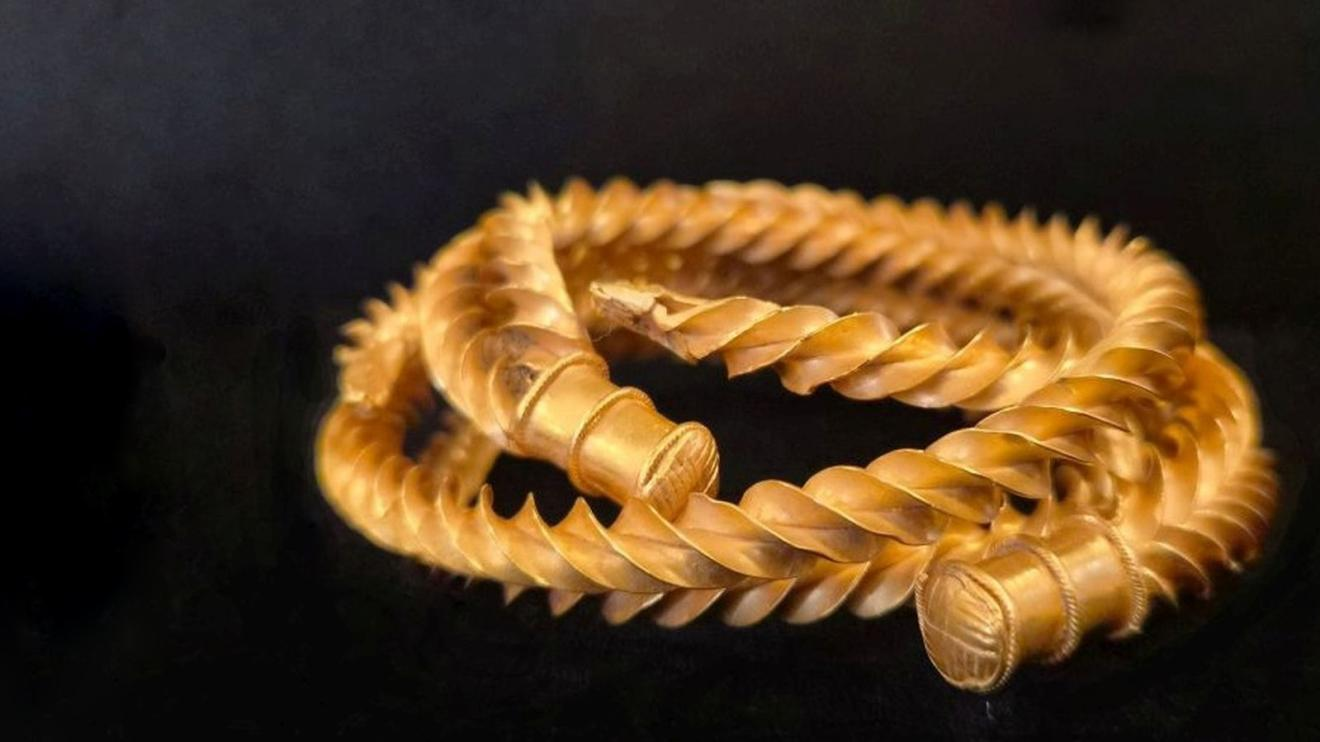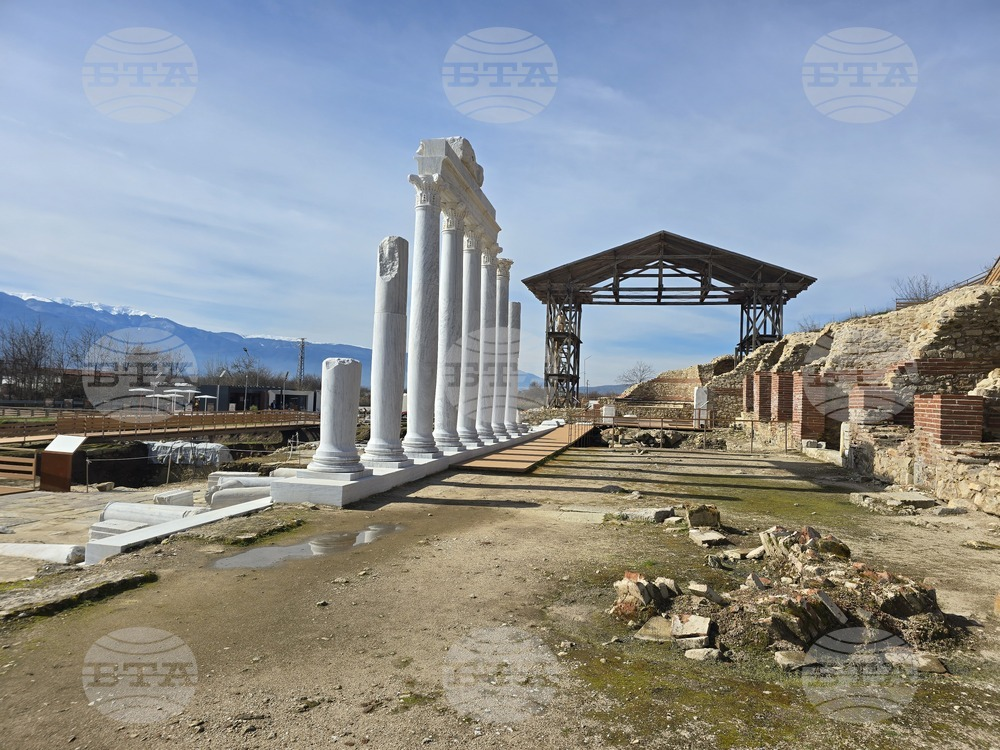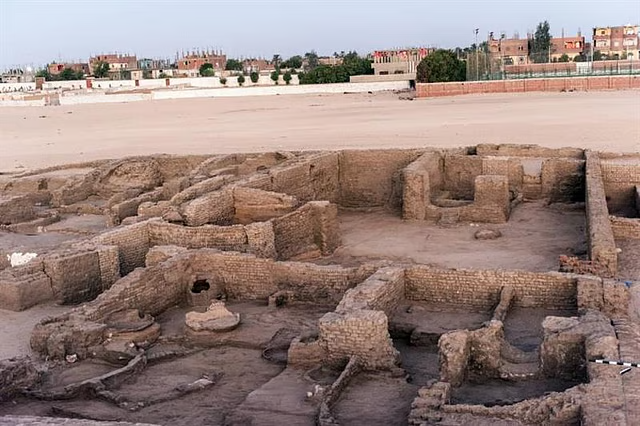After mistakes cause international shame and raise concerns about systemic failings, Hartwig Fischer will resign.
As a result of a number of mistakes that have caused international embarrassment and raised concerns about systematic failings, the director of the British Museum has resigned, and his deputy has taken a step back regarding its handling of the suspected widespread theft of items.
In a statement released on Friday, Hartwig Fischer said he took responsibility for the museum's inability to adequately react to warnings about the alleged theft of thousands of artifacts in 2021.
A police inquiry was started when it was revealed last week that objects from the museum's collection were discovered to be "missing, stolen, or damaged."
It is apparent that the British Museum did not respond as extensively as it should have in response to the warnings in 2021 and to the situation that has now fully surfaced, Fischer stated in his resignation letter.
Fischer's resignation was accepted by the museum's board of trustees, which was chaired by former chancellor George Osborne. Osborne noted that Fischer had "behaved honorably" and that "no one has ever disputed Hartwig's sincerity, his dedication to his profession, or his affection for the museum."
The museum initially stated that Fischer would leave "with immediate effect," but then clarified that he would leave after a temporary leadership structure had been established.
Later on Friday, it was revealed that Jonathan Williams, the museum's deputy director, had voluntarily decided to take a leave of absence from his regular responsibilities until the independent investigation into the alleged thefts was finished.
Fischer had defended the museum's handling of a tip-off from Ittai Gradel, a writer, academic, and antiquities dealer, on Wednesday. Gradel had raised the alarm about stolen artifacts.
According to Fischer, just a tiny number of products were the subject of concerns, and our inquiry found that they were all accounted for. Yet he acknowledged that a complete audit in 2022 would have found a deeper problem.
Claims that Gradel had omitted material from the organization, according to him, are an "outright falsehood."
In his letter of resignation, Fischer stated that he had since retracted his prior comments regarding Gradel because they had been misinterpreted.
Although applauding Fischer's resignation, Gradel criticized the museum for treating him like a "village idiot" and demanded that Williams do the same.
According to Gradel, Fischer has done the just and honorable thing, and at least for that, he deserves praise, and he accepted his apologies wholeheartedly.
Yet he claimed that Williams was much more responsible for this colossal misstep than Hartwig Fischer ever was. The reason Fischer failed was because he didn't interact with it.
The Pitt Rivers Museum curator of international archaeology, Prof. Dan Hicks, stated that the director's quick departure was necessary, but questions remain for the entire senior leadership team and trustees of the museum.
Concerned about the lack of effective record-keeping, Gradel calculated that up to 2,000 objects, including practically an entire collection of unregistered jewels, may have been taken.
He told the Guardian that they have been lying there without any registration at all for more than 200 years. "How can they return them to the museum if they can't be identified?"
According to emails, Gradel informed the British Museum of possible malfeasance two years ago after making around 70 eBay purchases.
Following the firing of a staff member, Osborne first revealed the alleged thefts last week. Osborne claimed that missing, stolen, or damaged goods included gold jewelry, semiprecious stone gems, and glass artifacts dating back to the 15th century BC.
According to Scotland Yard, police spoke with a man about the alleged theft.
Experts warn that thefts committed by workers are a concern in UK museums.
In light of current debt talks between the UK government and Greece, the incident has rekindled the debate over what will happen to the Parthenon Marbles. Supporters of keeping the marbles in Britain typically make the case that the British Museum is a safe international guardian of the treasures.
The British Museum could no longer assert that the marbles were safe in its custody, according to a top Greek archaeologist.
The Association of Greek Archaeologists' director, Despina Koutsoumba, stated: "They have to return the Parthenon Marbles since they are not safe."
Greece was charged with "blatant opportunism," according to Tim Loughton, chair of the all-party parliamentary group on the British Museum.
"This news in the last couple of weeks has obviously been quite harmful, and it's been embarrassing," Loughton remarked following Fischer's resignation.
He said in an interview with Times Radio that the police had instructed the museum to withhold further details regarding the probe. So, Hartwig hasn't really been able to share his perspective.
The British Museum, in contrast to other museums, is a non-departmental public organization that is independent of the executive branch and answerable to parliament.
Fischer, a German art historian, had previously stated that he intended to leave the museum after eight years of service.
He remarked on Friday that, unfortunately, he had concluded that his presence was proving to be a distraction. Becoming the director of the British Museum has been the greatest honor of his life, he concludes.







